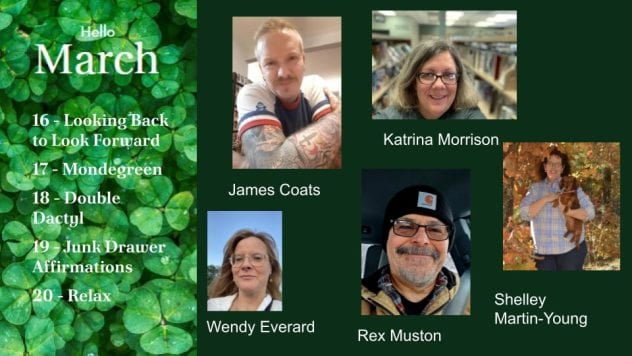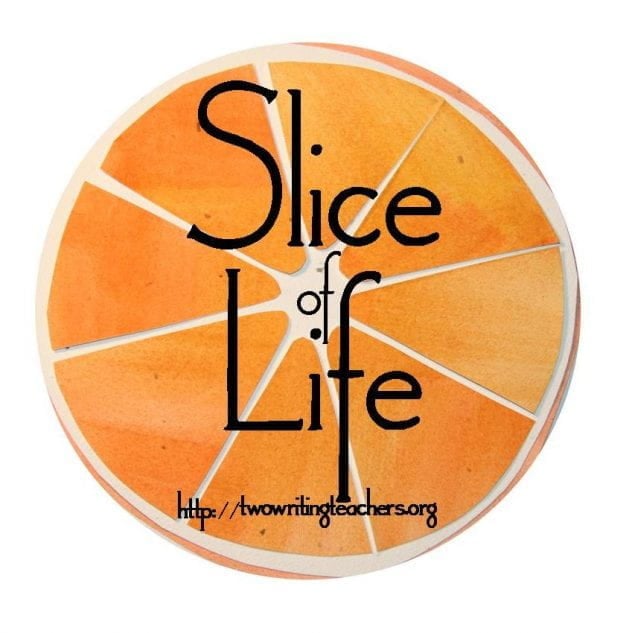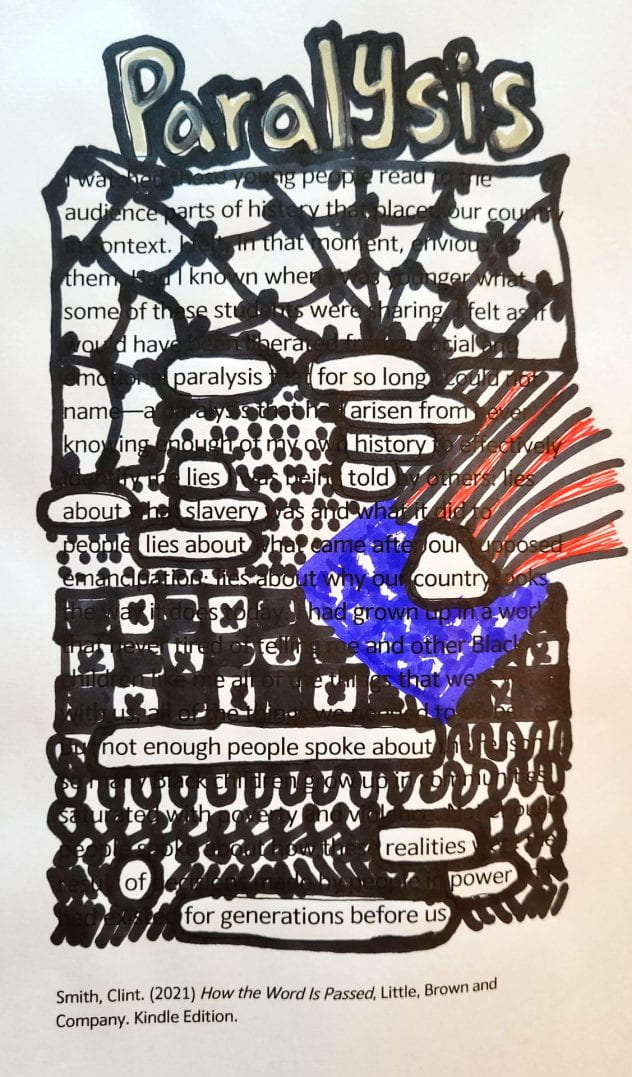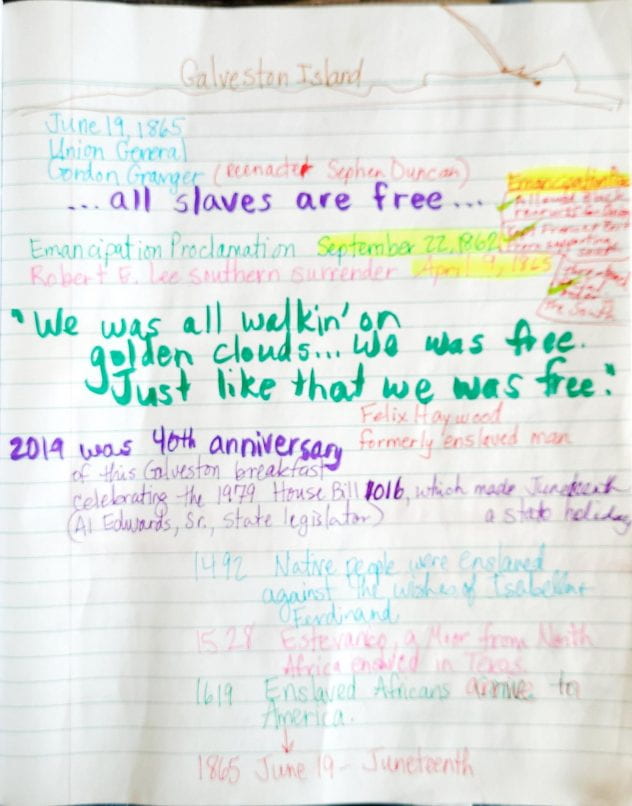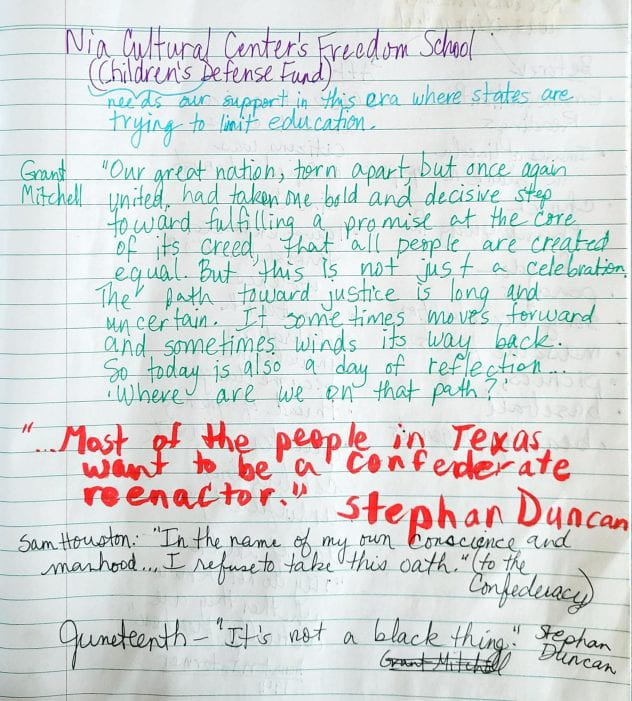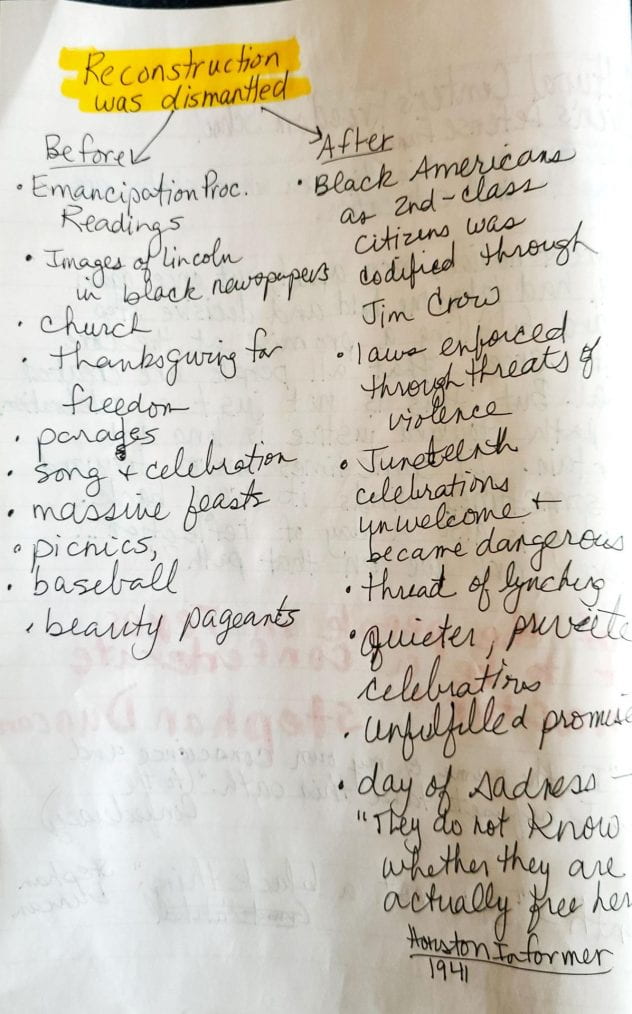Today is Poetry Friday. Tanita Davis is rounding up the posts for this Ides of March at {fiction, instead of lies}.
This week has been a week of poetry reading (as well as writing regular shitty first drafts of poems for the Stafford Challenge).
First and most importantly, I read poetry by my daughter Maria. She took an advanced poetry class as a senior in college and made this beautiful book of poems:
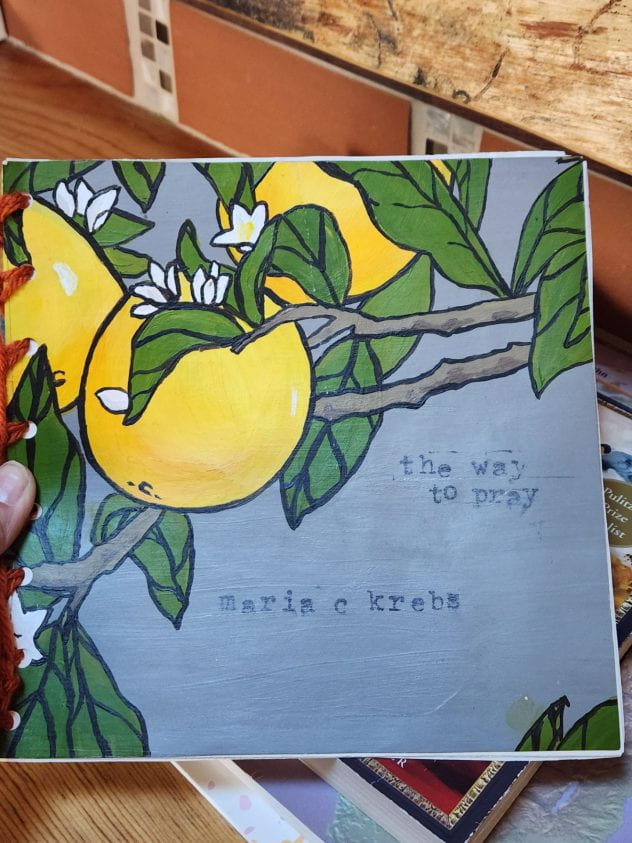
My favorite poems of this collection are Maria’s Sonnets i and ii, written about her spring break trip 14 years ago. She experienced a vastly different spring break than is typical for a college junior.
i
I’d never seen my Grandma grey and worn.
This shrunken woman in the hospice bed
cannot be my grandma. My grandma lives alone
in Yucca Valley, hiking on the dirt
roads with muddy furrows that sink like
the laugh lines on her cheeks. She conceals
wispy hair under immaculate wigs. Despite
sore hammer toes she works her sky-high heels.
That day I hiked the furrowed roads alone,
adrift amidst waxy creosote.
Stringy jackrabbits, baby quail gambol,
flitting through dry gulches like rowboats.
Somehow I didn’t want to be inside
Spring Break two thousand ten, when Grandma died.
ii
Spring Break two thousand ten, when Grandma died,
I arrived in time for bon voyage,
the convalescent odors scattered by
tamales, Spanish rice, tortillas, guac,
and Grandma, a bit tipsy on boxed wine.
One last boisterous fiesta while the Reeds
were still a family, whole and feeling fine.
The jalapeño sweat displaced the needs
that lay beneath the cornered hospice sheets.
The jalapeños were what got to me,
the smiles against those hospice whites.
The laugh of one you love is therapy
with nebulizer and glass of sweet rosé.
I’d never seen my Grandma grey and worn.
~By Maria C. Krebs, reprinted with permission by the poet

Another book I’ve read this week is Counting Descent by Clint Smith. Last year I won a Barnes & Noble gift card from Carol Labuzzetta from a promotion on her site The Apples in My Orchard. I “lost” it for several months, and when I found it recently, I added Barnes & Noble on my to-do list when we were in Temecuela last week. For more than one reason, I wanted to buy a book of poems, but I also got this package of beautiful origami paper.
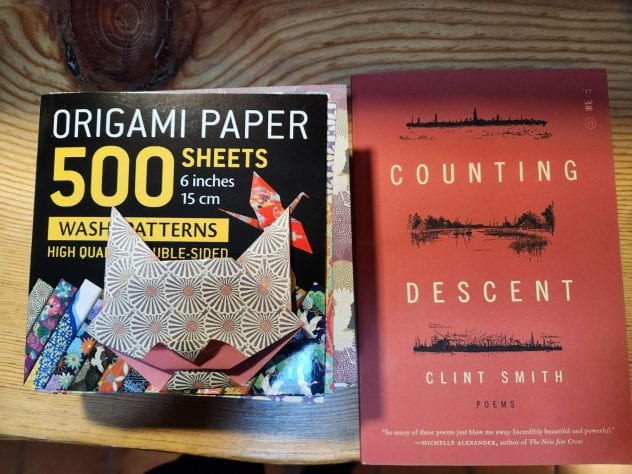
I’ve been wanting to read more of Smith’s poetry because I knew him more as a journalist with his podcast Justice in America and his book How the Word is Passed: A Reckoning with the History of Slavery Across America. Here is Clint Smith reading the poem titled, “Counting Descent.”
Another book I read was this 40-year-old verse novel. The Donner Party by George Keithley is the evidence I’ll bring to the next meeting of our Friends of the Library. It is convincing evidence, I believe, for the request to be less picky about the books we place in our book shop. I was volunteering on Saturday, and I found this book in the box to be recycled (not to sell in the bookshop):
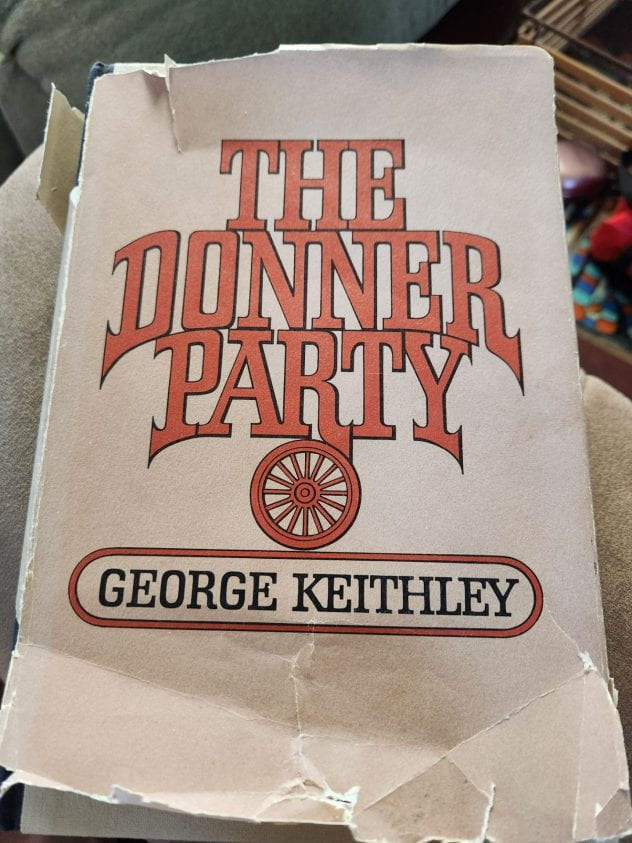
It is beautifully-written and full of detail of the horrors of the cross-country trip to California that the Donners, Reeds, and others made in 1846. There are some offensive and archaic references, which were revised in a 2012 reprinting of this book, but it’s a worthwhile find for 50 cents or $1–the price we charge for books at our Friends bookshop.
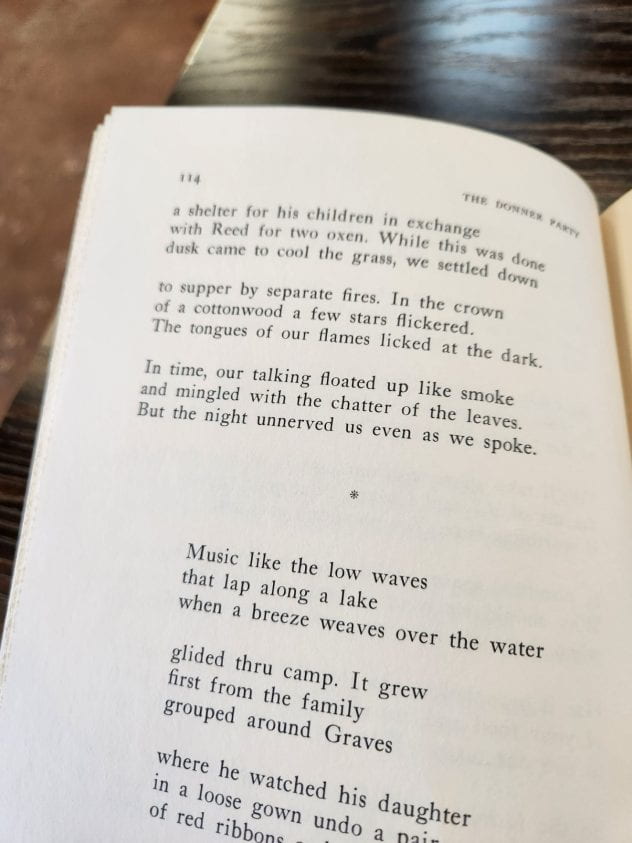
Tomorrow the March Open Write begins at Ethical ELA. Do join us!
Another opportunity on Ethical ELA: Verselove is coming in April. If you are looking for community and 30 days of writing prompts for April’s National Poetry Month, you will be coming to the right place. You’re welcome to join us. Sign up for Verselove here.
Finally, for those who are still here. If you’ll be writing a #poetrypals animal pantoum, have you seen the Pantoum Tool here? I find it very helpful.
